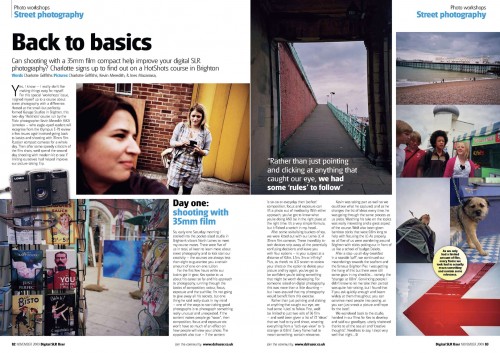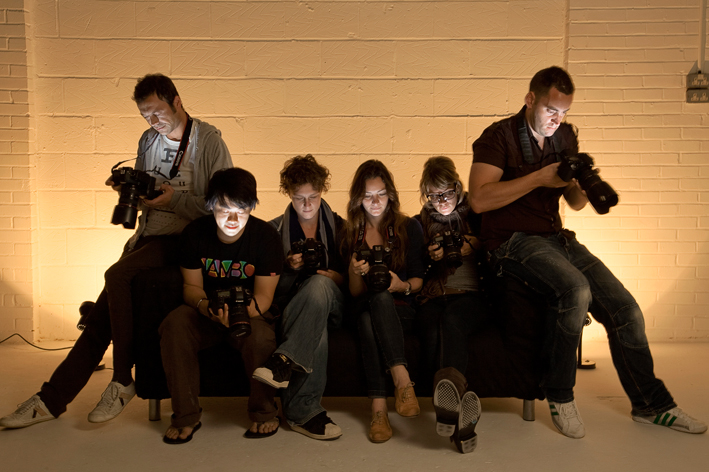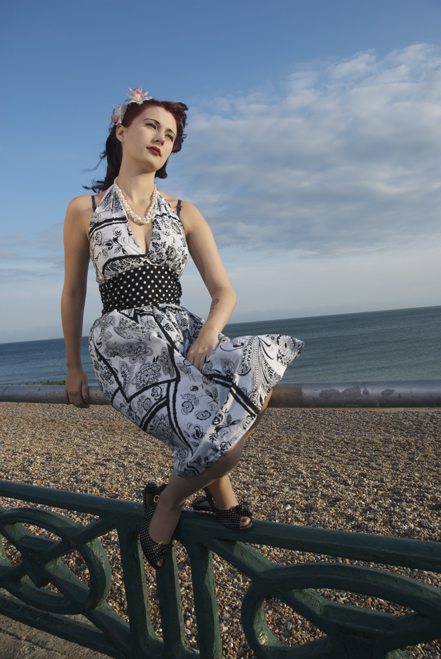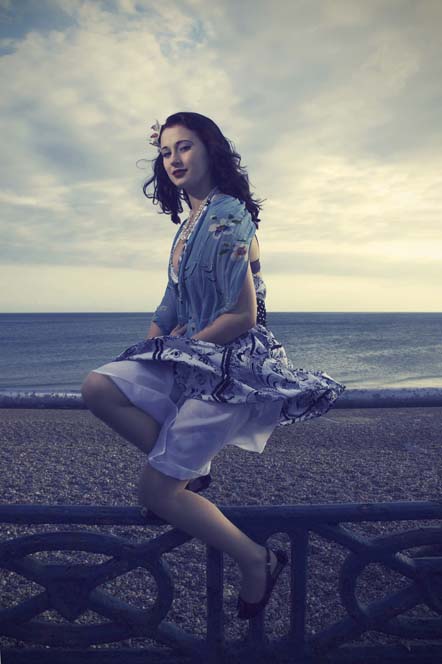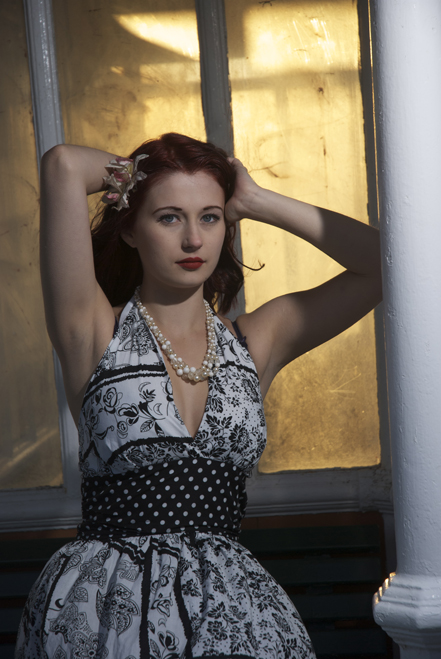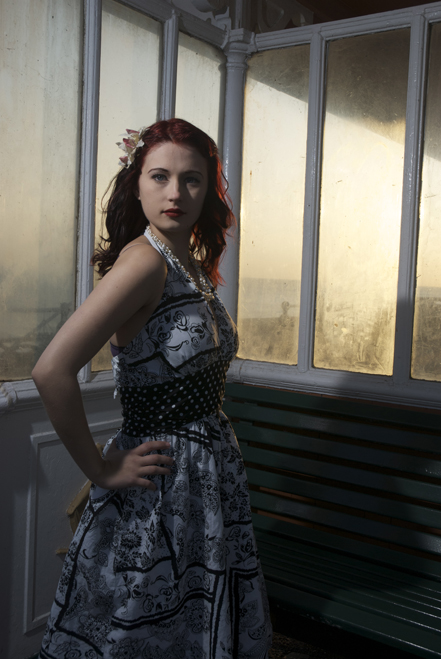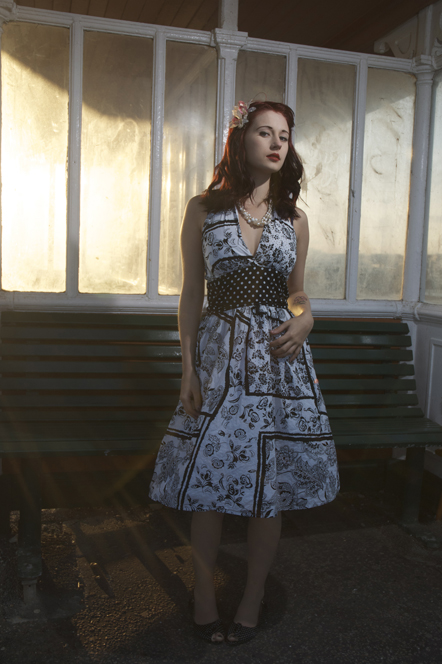With a “You and Your DSLR” course approaching I have started to think about what it is about digital photography that I wish I had known from the outset and what about photography in general might speed up the learning curve of a photographer.
Beyond experimentation and practice, image reviewing and criticism there are a fair few technical aspects that if considered right from the start may avoid some of the irritation and pain that can occur. Try not to have a “what’s wrong with my camera, pictures, and files” moment.
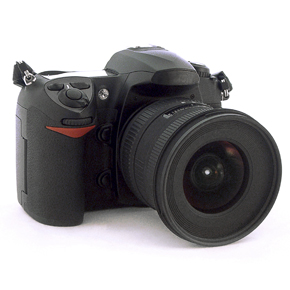
10. Your camera is not important.
Your camera body isn’t the most important part of you kit, it is hard to resist the next model in the range, the one with more features the one that promises more pixels, better pictures, but your lens has the most influence on image quality. If you are still using the cheap kit lens that came with your body it is time to do some research and consider what you need your lens to do.
DSLR’s are designed to take interchangeable lenses, although opening your wallet may seem like a scary thought, a good lens will allow you to shoot in different situations and conditions and give more control over your photography.
It doesn’t even need to be that heavy on the finances; cheaper plastic prime lenses are available and can allow you f-stops that will change your photography.
9. Don’t expect Auto Focus to read your mind,
Controlling the emphasis of you photography and keeping the important features in your shot is important.
Auto focus automatically does this for you; well auto focus will focus on something, or more accurately anything but normally that is the object right in the centre of your frame. Cameras have no idea what your chosen subject is or where it is in the frame, as a photographer selecting the correct auto focus point for each shot is important so make sure that it is you making the choice and not the camera.
8. Don’t downgrade your camera
You paid enough for your new equipment, why would you decide to only use half of it. Most DSLR’s come with around a 1000 resolution settings well it seems like that when you go into the menus.
The resolution of the camera is usually a key selling point for any camera so when you select a setting below the full capacity you may as well have bought a cheaper camera. Shoot the largest file you can.
Shoot RAW and enjoy the benefits it has to offer.
7. & 6 Respect your memory cards, don’t respect your LCD screen
Memory cards work hard remembering all your shots, they remember the good and the bad ones and this is hugely valuable to learners. Being able to see why bad shots fail is as useful as seeing why great shots work.
A good habit to get into to after each series of shots is to download them all to your computer then place the card back into the camera to format it after each download. Get out of the habit of culling images on your memory card before you have viewed them full size on a computer. It is very hard to make a judgment on a 3” LCD screen, and also your memory card will reward you for keeping its memory system in order. Deleting files out of sequence and not using the camera to format it each time will eventually end in a corruption precisely when you need it least.
A 3” version of the image you have just shot is a very tricky way to judge an image, it can allow you a good idea whether the overall composition works and whether highlights are blown or whether you have the correct exposure or not, but it is very easy to miss important details. Always zoom into your image to check that you have the image you need, are everyone’s eyes open ? where is the focus ? is the image sharp ? did you hold the camera still on that long exposure.
5. Read the manual, no really read the manual
A massive trait of mine is to take it out the box, fiddle with it, get the battery in it, fiddle some more, and say “I know how it works”. In fact I feel that I can master most electrical equipment, toys, gadgets within 30 seconds of getting them in my grubby hands. Wrong!!
Cameras need to be understood, read the manual, understand what each button does, otherwise the chances are that you will find that you are missing easy ways to make your shooting quicker easier. This will leave you more time to frame and compose your images.
4. Your camera isn’t a 35mm SLR
If you stand in exactly the same spot and frame the same shot with the same lens a digital SLR will capture less of the scene than a film SLR.
The reason being that digital sensors are not the same size as original 35mm film and the digital sensor area is recording is a cropped part of the scene. This cropping means you either need to step further back or change your lens. The factor at which this cropping happens alters with each different manufacturer. With Canon the cropping factor is 1.6 meaning your 50mm lens actually ends up being an 80mm lens (50mm x 1.6 =80mm) Although this can be useful when buying a telephoto lens as your crop factor may mean the 80-200mm lens you are buying is actually 128-320mm, it is good to remember especially when you are shooting at shorter focal length a 28mm lens on a DSLR is not a wide angle lens.
Crop factors are important to all DSLR users unless you have enough money to treat yourself to a full frame model.
3. WorkFlow
Right from when you first start taking digital images it important to put in place a workflow and storage system. This system should include backing up files, keeping an unedited “negative” raw file of all your images hopefully linked or in the same place as your edited final version, downloading images and formatting cards.
Making sure that you have a system for these things will reward you when, as has happened to every photographer at some point, a hard drive fails, or a memory card is changed and the images haven’t been formatted. If you have a system in place you won’t have a “Help, have I downloaded these” moment.
2. Sharpen
If you are printing your own work or supplying your images for printed material, sharpening is of huge importance.
You want your images to look as good they do on the screen if not better and if you don’t sharpen you will never achieve this. There are various ways of doing it and it a little experimentation will allow you to achieve far better prints.
1. Calibrate
Every screen displays an image differently; if you have never calibrated your monitor you have no idea what you images looks like.
When you have brought a shot into photoshop tweaked it and are happy with the results, if you have not calibrated your monitor, you may have created something that may look bizarre when printed or displayed on a calibrated screen.
Calibration devices are simple to use and fairly cheap and even better can be shared between friends or even between people you don’t like very much. They will mean you can have confidence in the images that you are producing.
Matt.



